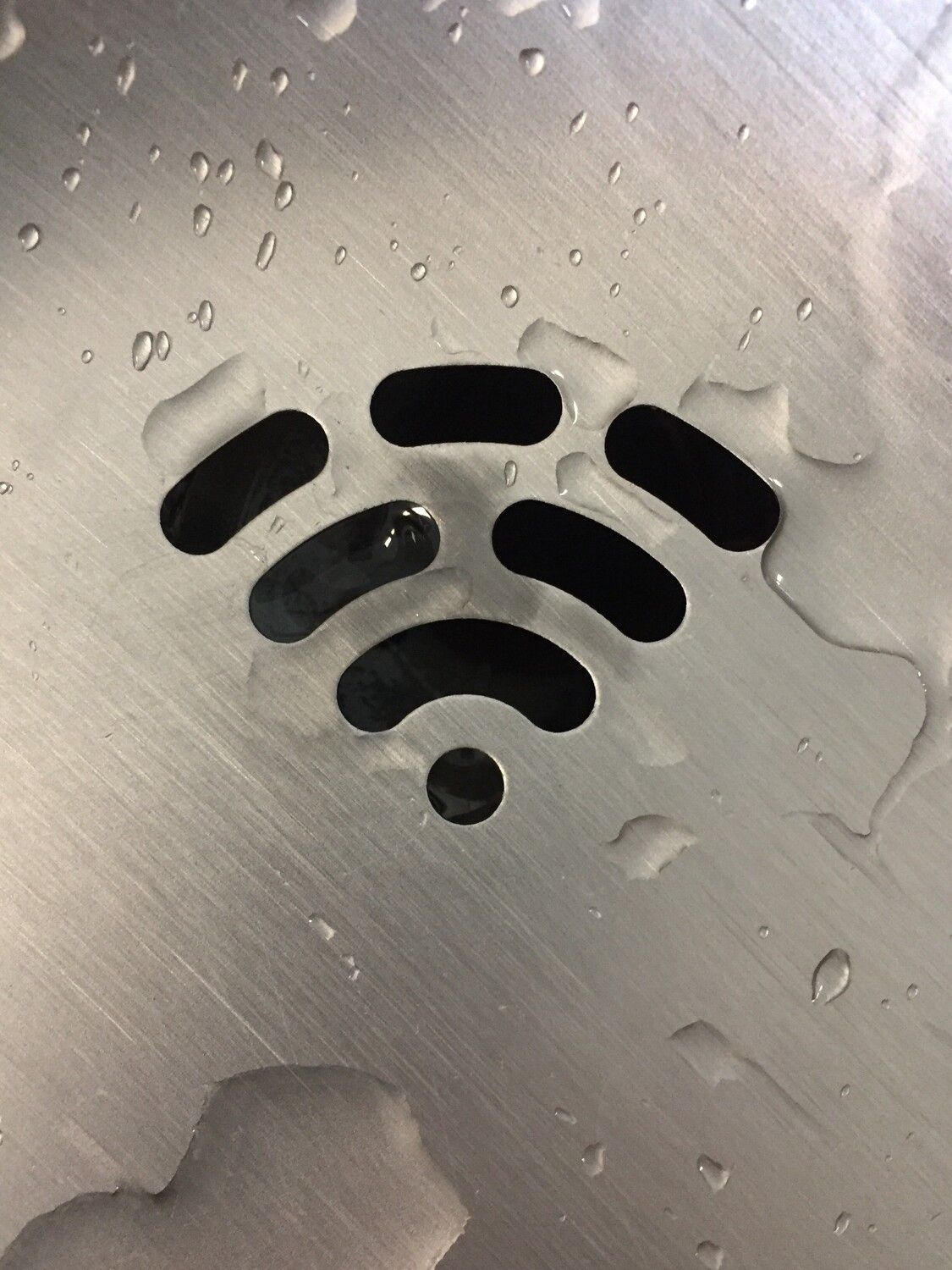Is the Internet Like Water
Posted on:
There’s a lot of discussion about the internet being a utility, rather than service. As a utility the government would have a responsibility to ensure a minimum level of supply, and recognize the value it provides to its people. As an internet junkie, that sounds great – and in Australia, the original National Broadband Network from 2009 was designed with this in mind. Our telephone system has grown across a century of change since 1879, but at its core it continued to run on copper wire and outdated technology. With the National Broadband Network that we have today, we still have some of the copper wire and ancient exchanges supporting our digital highway. Our water still uses technology from two centuries ago – and as it turns out, so does our internet!
It becomes more important in a crisis.
Internet is now crucial to survival in Australia in 2021. Pandemic lockdowns forced the entire world to find new and inventive ways to work, and internet became a much higher priority as a flood of people worked from home. And the people who were unable to work in lockdown spent an increased number of hours playing games, scrolling on Facebook and reading online news. In 2017, families with children under the age of 15 averaged 7.8 devices, and all of them were in constant use during our lockdowns. Banking is easiest online, government services designed for online, and in a paperless world, the chance to email home means connection, support and love. After four years, the number of devices per household that are internet enabled has grown to include fridges, coffee machines, and even cat feeders with video feeds. Not all of these are essential for the economy, it goes to show just how necessary the internet is!
It can be dangerous if you don’t know the depths.
In the same way cultures adapt to change and incorporate the new, the popularity of the internet also increased the chances of cheats, fleecing, and unpopular behaviour. There’s a thousand ways someone can steal your money, access your details, or worse. Identification fraud is an ongoing problem that affects hundreds of thousands of people. According to the Australian Competition and Consumer Commission, $4.8 million dollars have been lost to online shopping scams, and another $3.3 million to phishing and $2.8 million to hacking. With easy access to vulnerable people across the world, some of the predators are circling.

We can make it safe for every one.
Buying, selling, and being visible on the net can be a risk. When launching a website, installing a game, or clicking on a link in an email, there’s an identifiable risk in the activity. In hosting a web page of any kind, there’s both a risk and responsibility for it to be safe not only for yourself, but for your customers. Security in your website also needs to comply with laws around what YOU, as business owner, will do with the information your website collects. The government is attempting to filter what consumers can do the internet to promote safety and stem crime. Being an engaged and conscious website owner (or hiring a great host!) helps every one! When personal details are stolen, your customers can become victims of identity theft, credit card theft, or targeted for bullying and online abuse. It's your responsibility to secure your website, or talk to your host today!
